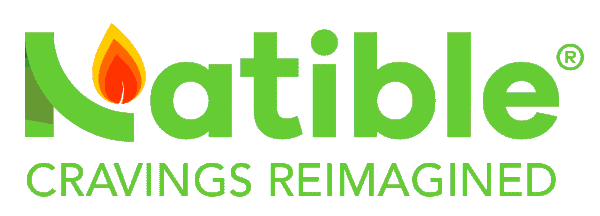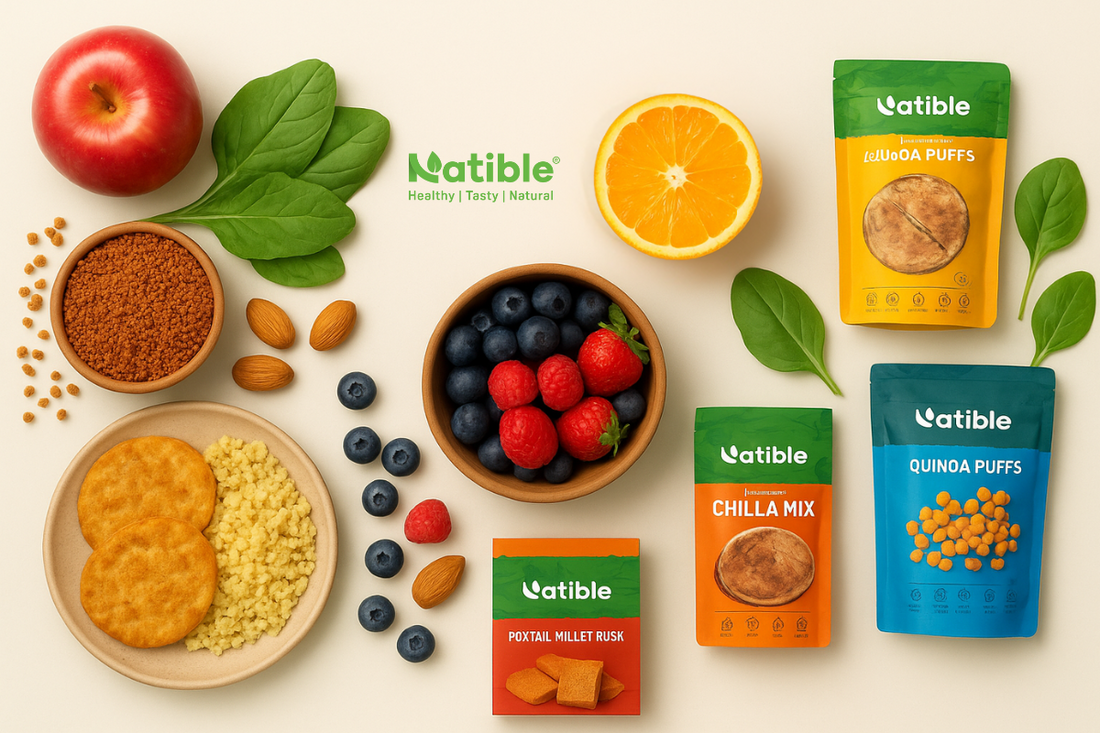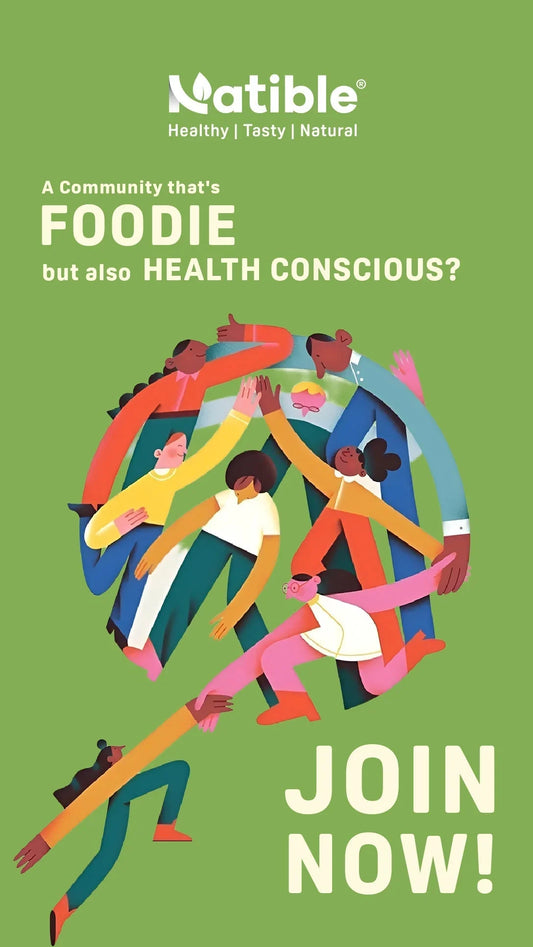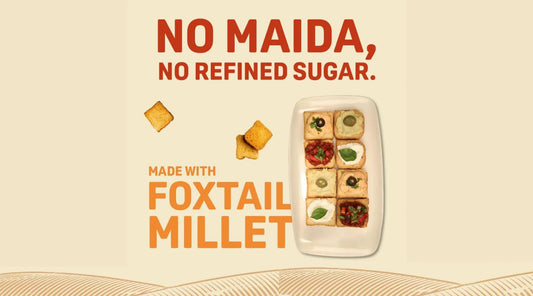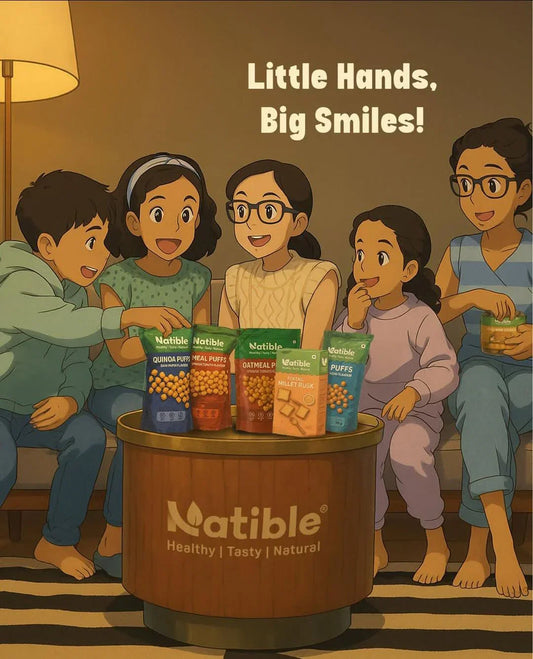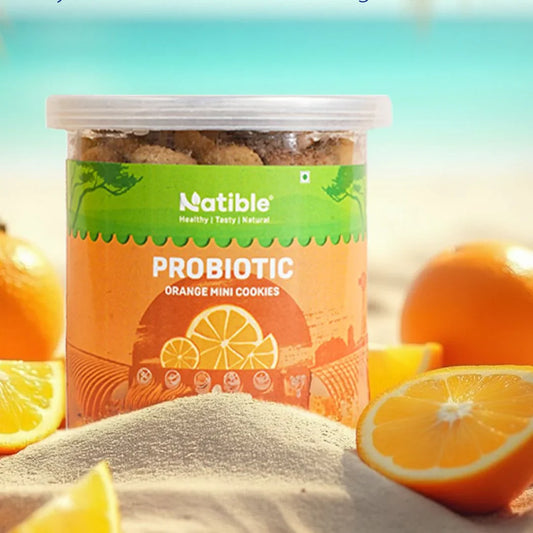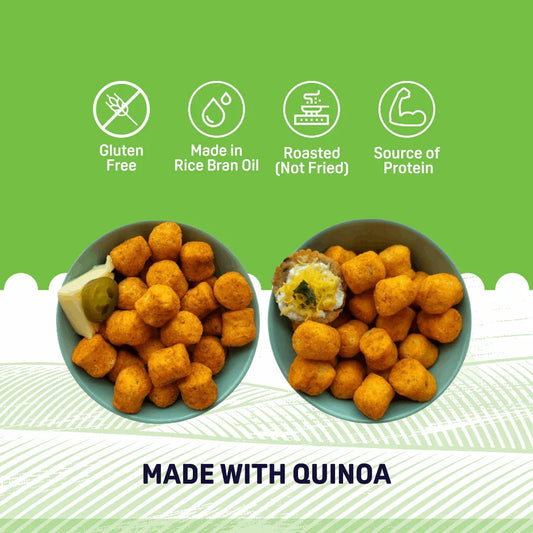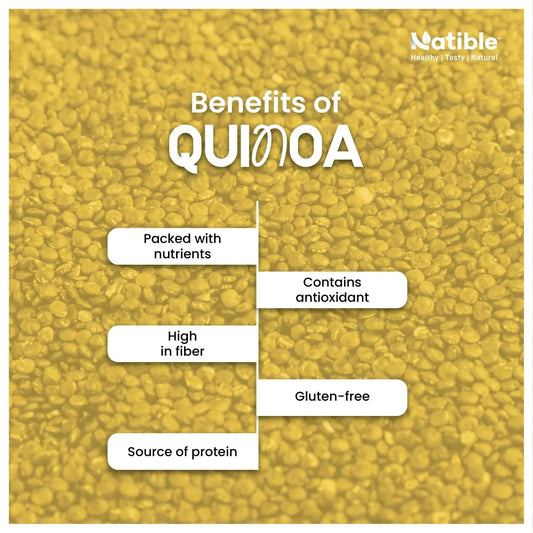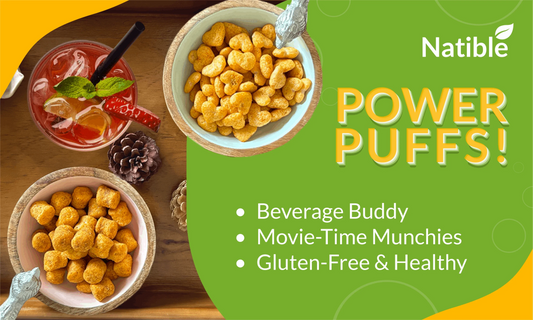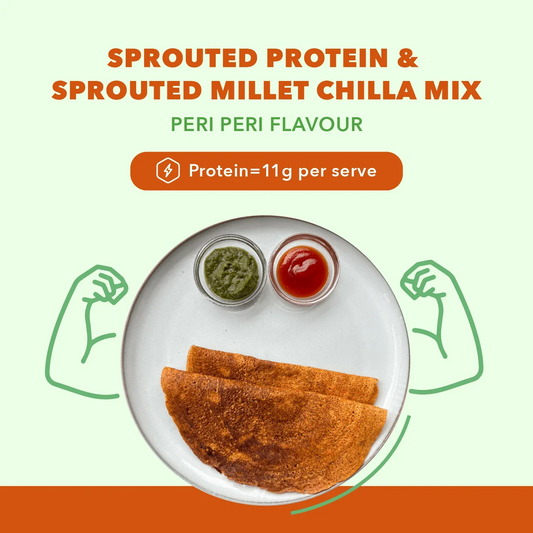Let’s talk about something that’s often misunderstood but critically important to your long-term health: cholesterol.
It’s the reason behind that extra blood test your doctor insists on. It’s what your parents whisper about after dinner when someone mentions “blocked arteries.” And yet, so few of us actually understand it.
So, let’s break it down.
What Is Cholesterol, Anyway?
Cholesterol is a waxy, fat-like substance found in every cell of your body. Your body needs it to build cells, produce hormones (such as estrogen and testosterone), and support digestion. In fact, your liver makes most of the cholesterol your body requires.
But here’s the catch: too much cholesterol, especially the wrong kind, can spell trouble.
There are two main types of cholesterol:
- LDL (Low-Density Lipoprotein): Known as “bad” cholesterol, this can build up in your arteries and form plaque, narrowing the passageways and increasing the risk of heart attack and stroke.
- HDL (High-Density Lipoprotein): This is “good” cholesterol that helps remove excess LDL from the bloodstream and carries it back to the liver for breakdown.
There’s also Triglycerides, a type of fat found in the blood. High triglycerides combined with high LDL or low HDL levels increase your risk of cardiovascular diseases.
Learn more about cholesterol from the American Heart Association.
Why is High Cholesterol Harmful to Health?
When your LDL cholesterol is too high or your HDL cholesterol is too low, it leads to plaque buildup in your arteries, a condition known as atherosclerosis. Over time, this narrows and hardens the arteries, restricting blood flow and increasing the risk of:
- Heart attacks
- Stroke
- Peripheral artery disease
- High blood pressure
How Cholesterol Affects Different Age Groups
Children & Teens
While cholesterol problems are rare, a poor diet from an early age (junk food, sugary snacks, processed meals) can cause early arterial damage. Paediatricians now recommend cholesterol screening starting at age 9.
Adults (20–40 years)
Lifestyle is everything here. Sedentary routines, processed diets, and stress from work-life imbalance can silently elevate cholesterol levels.
Older Adults (40+)
Post-menopause in women and ageing in general lower HDL and raise LDL. That’s why regular cholesterol screening becomes critical at this stage.
How to Keep Cholesterol Under Control (Through Food)
The biggest lever you have is your daily diet. Here’s a cheat sheet of cholesterol-friendly foods:
Include More Of:
- Whole Grains & Millets (like Ragi, Foxtail, Bajra, Jowar): Rich in soluble fibre, which binds cholesterol and helps remove it from the body.
- Leafy Greens: Spinach, methi, and amaranth contain compounds that block cholesterol absorption.
- Nuts & Seeds: Almonds, flaxseeds, chia — high in omega-3 fatty acids.
- Legumes: Lentils, chickpeas, rajma — all great plant proteins without saturated fat.
- Good Fats: Avocado, olive oil, and coconut oil in moderation.
- Fruits Rich in Pectin: Apples, berries, oranges — great for soluble fibre.
Foods to Avoid for High Cholesterol:
- Refined flour (maida) and sugary snacks
- Trans fats & hydrogenated oils (fast food, margarine)
- Red meat and full-fat dairy in large amounts
- Processed snacks labelled “low-fat” (they often add sugar)
Related read: Snack Smarter: How to Choose Healthy Snacks
How Natible Supports Cholesterol Management
Knowing what to eat is one thing — making it a part of your routine is another. That’s where Natible steps in as a practical solution for families and individuals seeking health without the overwhelm, and trying to control cholesterol with millet.
1. Millet-Based Meals Instead of Refined Carbs
All Natible products are made from ancient grains like Foxtail millet, Little Millet, Ragi, and Jowar. These grains are naturally cholesterol-friendly and rich in soluble fibre, helping to lower LDL cholesterol.
Explore our Millet Snacks & Chilla Mixes.
2. Smart Snacking
Our cookies and puffs are:
- Baked, not fried
- Free of trans fats and preservatives
- Sweetened with jaggery (not refined sugar)
- Made with heart-healthy ingredients
3. Balanced Meals with Protein + Fibre
Whether it’s our chilla mixes, millet noodles, or balanced snack boxes, every product has:
- Good quality plant protein
- Around 3g dietary fibre per serving
- No maida or palm oil
4. Great for All Ages
From growing children to elderly parents, our range ensures everyone in the family can enjoy cholesterol-friendly snacks without compromise.
5. Zero-Cholesterol Chilla Mixes That Do Everything
All our Chilla Mixes (Spinach, Beetroot, Peri Peri, Achari, Thai) are:
- 100% cholesterol-free
- Made with ancient millets like ragi, jowar, and bajra
- Rich in plant protein, iron, and fibre
- Quick to make and easy to digest
You can also use them to prepare:
- Waffles, Tacos, Quesadillas, Uttapams
- Mini Idlis, Pancakes, Sandwich Fillings
- Appe, Millet Pizzas, Vadas
Related read: Millet Recipes for Healthy Living.
Bonus Tips to Naturally Lower Cholesterol
- Exercise at least 30 minutes/day — even brisk walking helps.
- Stay hydrated — water helps regulate digestion and fat metabolism.
- Quit smoking — it lowers HDL dramatically.
- Manage stress — cortisol spikes can increase LDL.
Final Thoughts: Eat Smart. Live Long. Choose Natible.
Cholesterol doesn’t have to be a lifelong enemy. With the right information and consistent food habits, you can stay on top of your numbers without medication or fear.
And with Natible’s millet-based products, switching to a cholesterol-conscious lifestyle doesn’t mean bland food or sacrifices. It just means choosing better every day.
So the next time you open your snack drawer or decide what to make for breakfast, ask yourself:
Is this helping my heart or hurting it?
If you’re ready to prioritise your health and happiness, you’re prepared for Natible.
